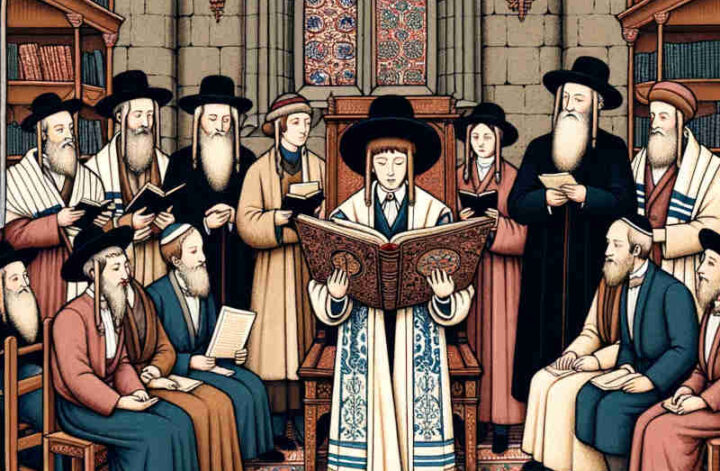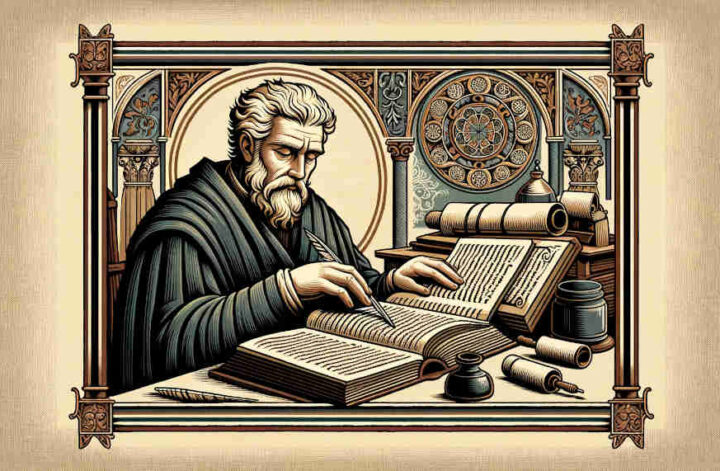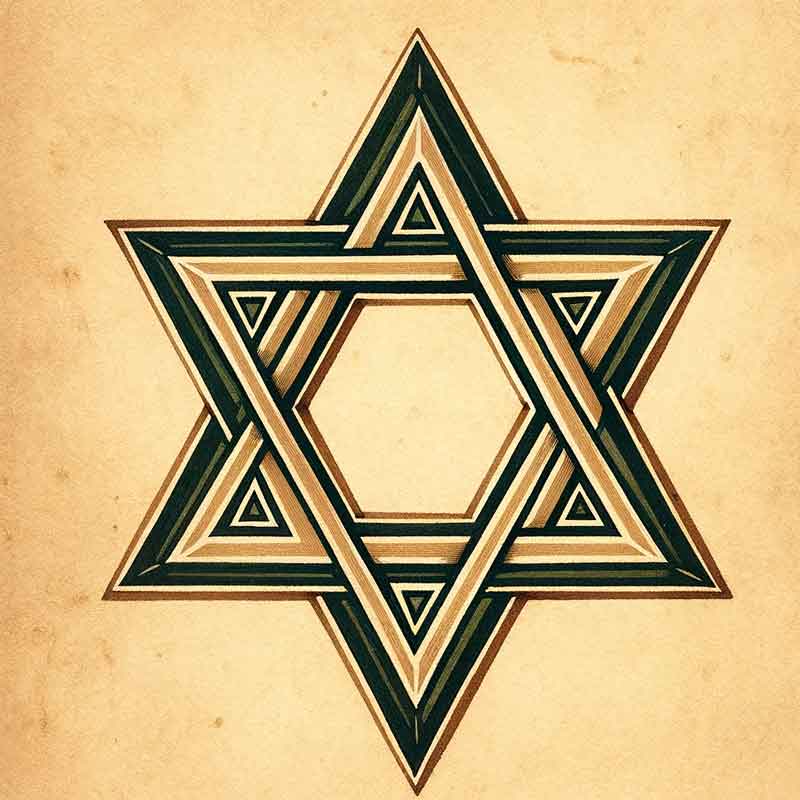Email from Michelle Goldberg: “Hello Rabbi Joshua, I have been invited to a Bar Mitzvah and I want to give a gift that is both respectful of the tradition and cherished by the young man. Can you please suggest the best Bar Mitzvah gifts?”
Response from Rabbi Joshua
Shalom Michelle, it’s wonderful to hear that you are looking to honor this significant rite of passage with a thoughtful gift. The Bar Mitzvah marks a Jewish boy’s entry into religious adulthood, and the gifts given should ideally reflect the significance of this milestone. Here are some suggestions:
Spiritual and Educational Gifts
A classic gift is a set of Jewish sacred texts, such as a beautifully bound Tanakh (Jewish Bible), a Siddur (prayer book), or a Talmud set. These can serve as lifelong resources for study and reflection. For something more personalized, consider a beautifully illustrated book on Jewish history or culture.
Gifts of Jewish Tradition
Items that can be used in the practice of Jewish life are both practical and meaningful. A pair of elegant candlesticks for Shabbat, a Kiddush cup, or a quality set of Tefillin can be deeply appreciated. A Tallit (prayer shawl) is also a traditional gift that the young man will use for many years.
Savings and Monetary Gifts
It is customary to give money in multiples of 18, as the number 18 represents “Chai,” or “Life” in Hebrew. This can be in the form of savings bonds, contributions to a college fund, or simply cash. This not only conveys your wishes for a life of prosperity but also provides practical assistance for future educational endeavors.
Charitable Contributions
Making a donation to a charitable organization on behalf of the Bar Mitzvah boy is a gift of generosity and kindness. Choose a cause that is close to his heart or one that reflects Jewish values of Tzedakah (charity).
Personal and Creative Gifts
If you know the Bar Mitzvah boy well, a gift that aligns with his personal interests or hobbies can be particularly meaningful. Whether it’s something educational, such as a subscription to a science magazine, or something more leisurely, like sports equipment, personalizing your gift shows thoughtfulness.
Concluding Thoughts
Whatever gift you choose, accompanying it with a heartfelt message of congratulations and good wishes for his journey into Jewish adulthood will certainly make it special. Your presence and your thoughtful gift will contribute to a joyous and memorable occasion for the young man and his family.
May your gift bring joy to the Bar Mitzvah boy and serve as a symbol of your support as he steps into this new chapter of his life. Mazel Tov!


